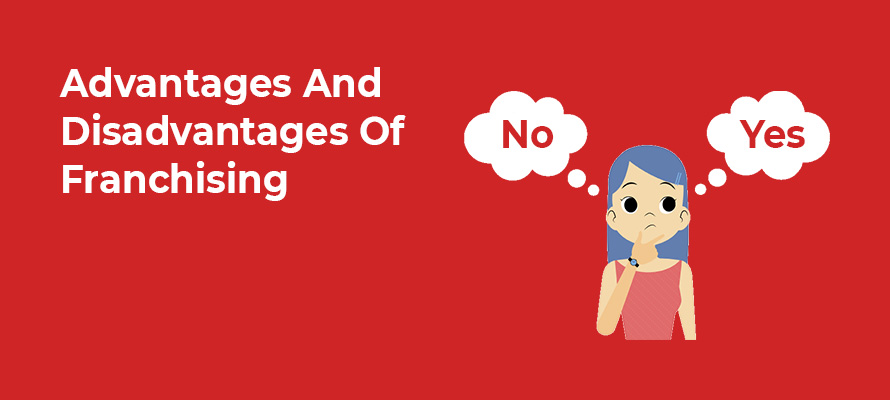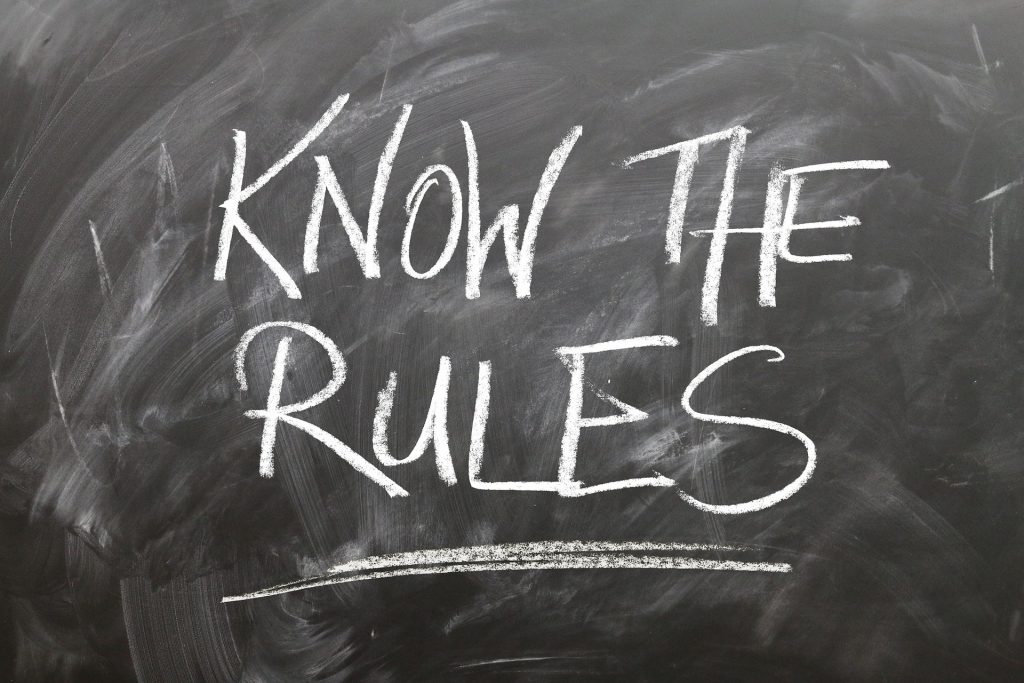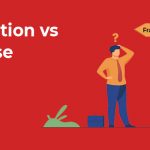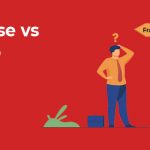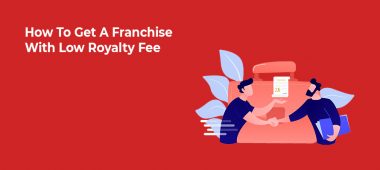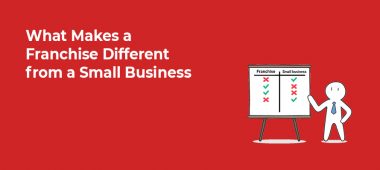McDonald’s, KFC, Marriott International, Pizza Hut, Burger King, and Domino’s are six of the top-ranked franchises of the world. In developed and developing countries like the UK and India, you can find a franchisee of these big companies in almost every locality.
According to Mark Siebert, franchising consultant and author of Franchise Your Business, franchising is the best way for a business enterprise to grow exponentially within a short period.
While it may seem like a win-win situation for both franchisor and franchisee, there are some pros and cons to this business strategy. It is essential to understand both the benefits and pitfalls before embarking on business expansion or franchisee licensing.
To ensure that you make an informed franchising decision, we have compiled a list of advantages and disadvantages of franchising for the parties involved.
Franchisor
The company that provides franchising opportunities is the franchisor.
Advantages
Low Capital, Higher Growth
Unavailability of required capital is the biggest problem faced by companies that wish to grow and expand their business. Opening new branches of business, requires a lot of capital investment. From building an office and getting a license to hiring human resources and buying raw material, before beginning the operations of business there is a long list of things to do. Many companies do not have the capital to carry out these preliminaries to establishing themselves in another state or country.
Franchising offers a solution to such businesses, as the franchisee uses its own capital to run the business and pays a fee to the franchisor. This leads to capital acquisition for the franchisor without accumulating debt.
Less Burden
When expanding your business by the means of franchising, you are subject to less burden. The franchises that have been opened after licensing are managed like independent businesses by the franchisee.
Hence, you do not have to invest yourself in finding a manager or staff for your company branches. The business management and expenditure are also taken care of by the franchisee, as the profits directly impact their income. By licensing franchises, you can reap the benefits of the company’s growth without increasing your workload.
Fast Success
Accumulating capital and building multiple operational branches of your company can take years. Before you know it, one of your competitors with more capital may dominate the industry. Franchising enables you to quickly increase the number of companies selling your product. Before you know it, you will be a multinational company dominating the global market.
Increased Profit
Franchisors often make more profit than companies using organic growth and expansion strategies. The franchisor does not have to ensure that all franchisees under them are running in profits. They receive their royalty and only have to manage the expenditure of their primary office.
Low Risk
Above all, since a franchisor’s capital and managerial investment in the franchisee is next to nothing, they are not subjected to the franchisee’s debt or liabilities. For example, any lawsuit against the franchisee is not a liability for the franchisor.
Disadvantages
Cost Of Franchising
When franchising your business, you will have to make some capital investment to turn yourself from an entrepreneur to a franchiser. Franchisors need to pay the filing and registration fees and legal fees of a franchise lawyer. They also have to spend on marketing the franchise business to attract buyers for the franchise.
Rules and Regulations
There are state and federal laws governing franchising a company, that a franchisor must comply with. Before you can begin selling your franchise, there are a lot of requirements to meet and licenses to acquire.
To ensure that you do not end up with a lot of debt and liability by franchising your company, you need to hire a franchising lawyer to draft an appropriate Franchise Disclosure Document. This FDD will hold all your agreements and the preparation fee can be around $15000 to $45000.
Less Control
The franchisees that operate at various locations under your trademark will impact the reputation of your brand. The franchisee will own the land, build the business, hire employees, and comply with licensing rules, you will have less control over the setting up and operations of the business.
While you can provide training, you cannot monitor their moves and will have to rely on them to run the business efficiently.
Expansion Takes Time
Franchising is not a jump to success, it is a ladder. The success of your initial franchisees will determine future franchise sales. If your franchise proves to be successful only in some markets, then it will adversely impact your expansion plans. Acquiring franchise buyers will be a time-consuming task.
Franchisee
Buying a franchise is an easy way to start your own business in an already booming industry. The Mini-unit of a franchise is called the franchisee.
Advantages
Low Risk, Higher Probability of Success
When selling a new product or service, the possibility that the customers will not like the product is always right around the corner. The consumer might not be impressed by the offering of a business, leading to loss. Buying a franchise enables the franchisee to sell a product or service that is already in demand, instead of launching a new idea or product.
Brand Recognition
It can be difficult for Start-Ups to compete with companies that have been in the industry for years. Creating a brand reputation takes time and smart marketing techniques. Buying a franchise enables small businesses to bank upon the reputation of the franchisor’s business. They can sell the merchandise sold by the franchisor and attract loyal customers of the franchisor’s brand.
Expert Assistance
When you buy a franchise, the franchisor assists in the form of training, marketing, and equipment. Even if the franchisee buyer lacks prior experience in the industry, the guidance of the franchisor can educate them about the business. The franchisor helps kick-start the business because they care about the quality of services offered. In return, the franchisee providers monetary commission for the services offered by the franchisor.
Marketing
When the franchisor markets the brand by the means of advertisements and social campaigns, the business of the franchisee is also promoted. Without making additional efforts or expenses, you can use the marketing medium of the franchisor and reap benefits.
Reach The Top Easily
Small businesses have to often prove their worth for years before they can be compared to existing competitors in the market. The trademark of the franchisor works as a tag of credibility and backbone, enabling them to compete with the big players in the local market.
Capital Acquisition
Banks are often hesitant about loaning money to small businesses unless the possibility of return is high. When you’re buying a franchise, it is easier to convince a bank to loan you money.
Disadvantages
Cost of Buying A Franchise
The cost of buying a franchise is quite high and might baffle someone looking to start a business with a small capital investment. Apart from paying a royalty, you will also be expected to pay a continuing management fee and a share of your profits. In the franchising agreement, some franchisors demand that raw material, machinery, or products to be sold must be bought directly from them.
Terms & Conditions
Franchisors have certain management terms and conditions, that must be followed by all franchisees. This is done to ensure that the franchisee does not provide low-quality products and services and spoil their reputation. Additionally, these regulations bind the franchisee to follow the values of the franchise. Sometimes these regulations restrict the successful operation of the franchisee concerning their market, putting them in a bad spot. If the franchisor is very strict about these regulations, the franchisee might find them to be excessively intrusive.
Dependence
As it is, businesses are dependent on the social, economic, and political conditions in their area. However, when you buy a franchise you are not only dependent on the franchisor, but also on other franchisees of the company.
- If a franchisor goes out of business, your business might have to shut down.
- If some of the other franchisees give the business a bad reputation, your profits will also suffer.
- If you decide to sell your franchise, you will need approval.
This dependence can leave you feeling uncertain about the long-term future of the business.
Restricts Innovation
The restrictions imposed by the franchisor leave less room for innovation at work. Whether it is the introduction of new products or adjusting work culture to fit your market, franchisees cannot make significant changes without approval.
Whether franchising is a good decision for your company or not, will depend upon the location of your business, the industry in which you offer services, and your style of working. Franchising your business and buying a franchise are business strategies that require a lot of capital investments, legal formalities, and commitment. This is why companies need to take the utmost benefits from the advantages and try to minimize problems from the drawbacks.
